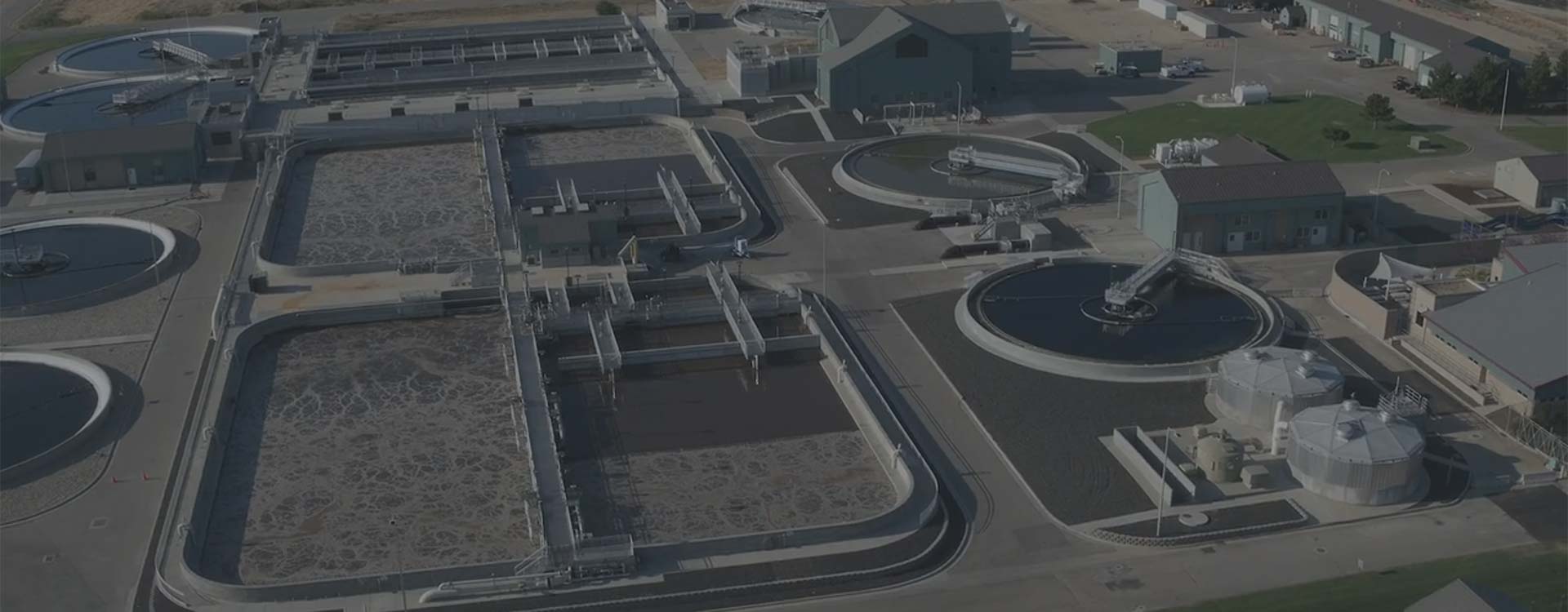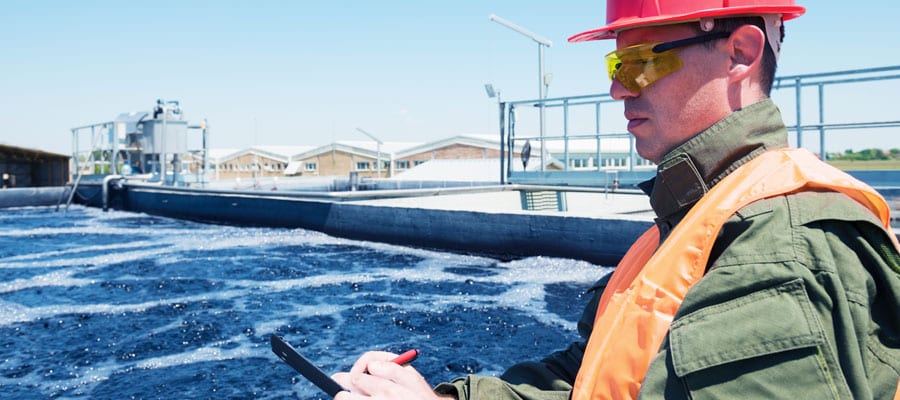What Makes a City Smart?
As the world’s population grows and the focus on sustainability increases, many civic authorities are looking to smart city operations to drive resilience, efficiency and improve livability for their citizens. Cities are considered “smart” when they integrate their information and communication technology (ICT) to improve operational efficiency and share information with different stakeholders, including the citizens they serve.
Embarking on a smart city path allows civic authorities to make changes that improve asset and resource management, service delivery, and communications with citizens. This is no easy task and thus smart city technology is constantly evolving, pushing the boundaries of what citizens can expect and what civic operations can achieve.
Smart city solutions can take many forms, and many cities worldwide have become “smart” using AVEVA’s software and solutions.

City of Boise – Dixie Drain
One example of how AVEVA helps cities become more sustainable and smarter is the City of Boise, Idaho, where a groundbreaking phosphorus removal facility uses AVEVA System Platform. The 49- acre facility enhances water quality in the rivers by removing up to 140 pounds of phosphorus per day, or roughly 10 tons each year. This innovative effort marked a first-of-its-kind collaboration between local, state, and federal groups and agencies, and is held as a model for similar projects across the country.
Having different technologies at different sites proved difficult for the city to support. That is why Boise uses AVEVA System Platform and Historian to control two water/wastewater plants, support its public facilities, and supervise geothermal wells below ground that pump heat into government buildings. The AVEVA solution enables the creation of reusable engineering standards to ensure quick project deployment and ease of maintenance.

Carson City Public Works
The Carson City Public Works Department in Nevada created a municipal services infrastructure revolving around the capabilities of its people and the best available “smart city” technology from AVEVA. Leveraging the latest in virtualization technologies, including iPads and smartphones, to increase the efficiency of its operators and management team, Carson City Public Works has successfully increased its situational awareness and achieved a high level of operational readiness.
Some of the tangible results realized by Carson City include:
- 15% reduction in operations staff hours due to saved “drive time” by using remote management capabilities made possible by the AVEVA solution.
- Reduced work week from five 8-hour days to four 10-hour days, improving the life quality of the staff.
- Improved management and operation of the city’s solar plants that provide up to 748,000 KWH of clean power each year.
- Improved reliability of delivering over 22 million gallons of water while processing 6.9 million of gallons of wastewater each day.
AVEVA’s solution allows Carson City to better integrate real-time status, alarm notification, and historicization of the state of communications for effective monitoring of the City’s transportation, power, and water systems. This translates into better operational readiness for Carson City Public Works, as well as better services for the community it serves.
TasWater
TasWater, Tasmania’s water and sewage utility, is responsible for providing drinking water across the Australian state as well as collecting and treating sewage. To efficiently provide water and sewerage functions in Tasmania, TasWater oversees 208,000 water connections and 180,000 sewerage connections.
Spills are an unavoidable reality of managing a sewage network. With a sewage network spanning over 5,000 km of pipelines, TasWater can experience over 2,000 spills and main breaks in a typical year. Approximately 70% of these are caused by tree roots. A properly scheduled cutting of these roots greatly reduces these spills and breaks. On the other hand, blockages caused by foreign objects inside the sewer lines are unpredictable. This is where advanced predictive analytics can help.
Utilizing advanced analytics and the infrastructure provided by the PI System, TasWater devised an innovative method for identifying potential blockages. Since Sewage Pump Station (SPS) sites have well-defined operating characteristics, models of normal pump behavior can be created. Asset Framework, a part of the PI Server, is used to set up notifications for out-of-bounds conditions, in real-time. As a result of this implementation, TasWater can reduce leak detection time by an estimated 13 hours, minimizing the risks of environmental disasters.
AVEVA’s vast portfolio of smart city software solutions spans applications including facilities management, utilities, transportation, and data centers. Taking an integrated approach, AVEVA enables these disparate functions to collect, analyze, and then act on unified and holistic intelligence, supported by the help of real-time data to enable civic leaders to make better decisions and to improve the quality of life.
….. and many more
Visit the AVEVA website to learn how other cities like Seoul, Barcelona, and Nava Raipur use AVEVA software to manage their digital infrastructure and data to enhance livability for their residents, the workability for their businesses, and sustainability for the environment.